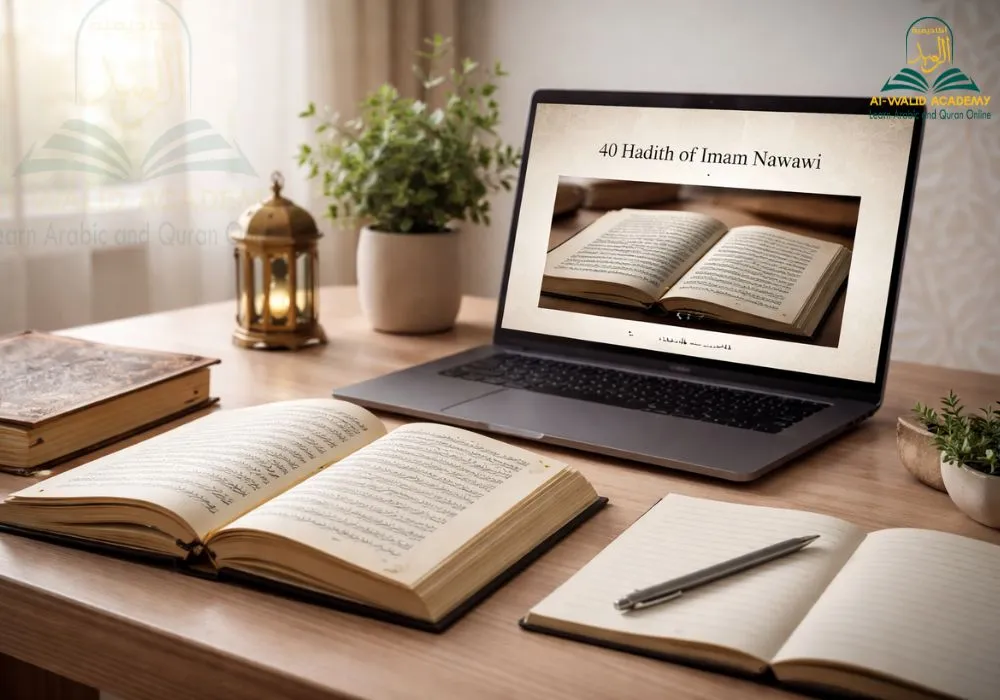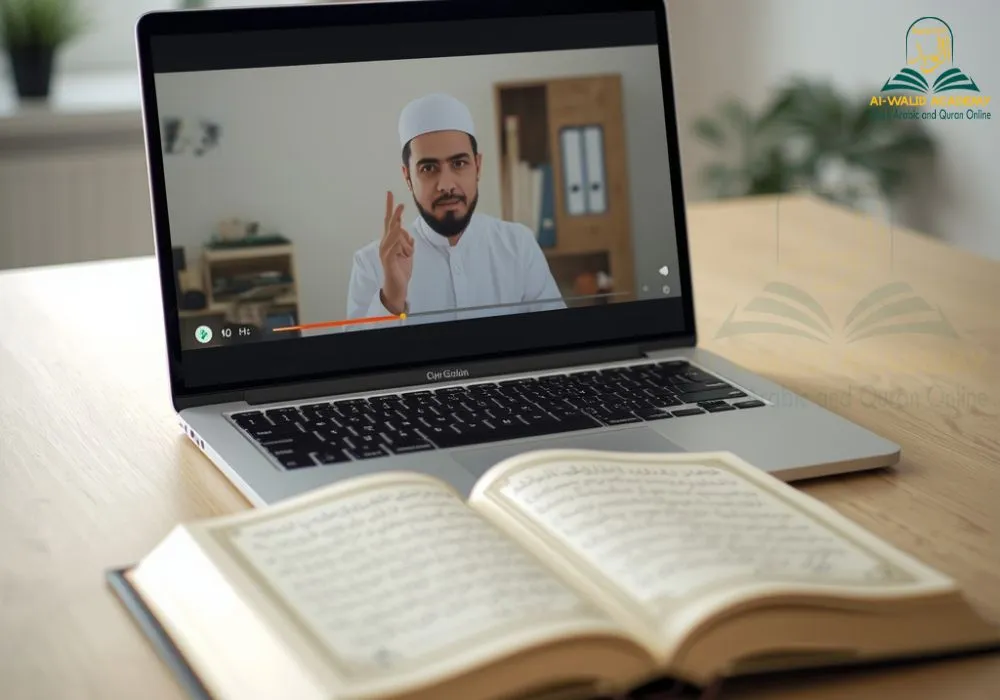The Quran is beautifully divided to make it easier for Muslims to read, recite, and memorize consistently. If you’ve ever wondered how many juz in Quran, the answer is 30 equal sections, each designed to simplify daily reading and structured memorization. In this article, you’ll explore not only the length and purpose of each Juz, but also the best ways to memorize them, the right time to begin your Hifz journey, and the Surahs that hold special significance. You’ll also learn practical tips for managing your time and building a stronger connection with Allah’s words through daily recitation.
How Many Juz in Quran?
There are 30 juz in the Quran, each divided for ease of reading and recitation. The division into 30 parts makes it more manageable for daily reading, especially for those aiming to finish the Quran during the month of Ramadan.
Are All the Juz in the Quran the Same Length?
No, not all the juz in the Quran are the same length. While most juz are around 20 pages, some are slightly longer or shorter. However, the difference is minor, and each part is carefully divided to ensure manageable daily readings.
How Long Does It Take to Memorize One Juz of the Quran?
The time required to memorize one Juz of the Quran varies from person to person, but with the right approach, it is a goal within reach for everyone. On average, a dedicated learner who practices daily can complete one Juz in two to four weeks. Some may progress faster, while others may take longer depending on their routine, environment, and learning capacity.
Key Factors That Affect Memorization Speed
-
Daily Practice and Consistency
Success in Hifz depends more on regularity than on speed. Dedicating even 30–60 minutes every day ensures steady progress. -
Effective Memorization Techniques
Proven methods like repetition, breaking verses into smaller portions, and constant review of past lessons help strengthen retention and prevent forgetting. -
Guidance and Support
Having a teacher or study partner for recitation checks makes memorization easier and improves accuracy, while also keeping motivation high. -
Individual Ability and Focus
Each person has a different capacity for memorization. Focusing on quality and understanding, rather than racing through pages, leads to stronger and longer-lasting results.
Read More: The Best And Fastest Way To Memorize Quran
How to Read 1 Juz a Day?
Reading 1 juz a day requires planning and consistency. One effective strategy is to divide the 20 pages of each juz into manageable chunks throughout the day. For example:
- 5 pages after Fajr
- 5 pages after Dhuhr
- 5 pages after Asr
- 5 pages after Maghrib or Isha
This way, you can complete the daily juz with minimal effort, making the task more achievable.
What Age to Start Hafiz?
Children can start their journey towards becoming a Hafiz (one who memorizes the Quran) as early as 5-7 years old. At this age, their memorization abilities are typically strong, but the timing may vary depending on the child’s readiness and family support.
How Long is Each Juz in the Quran?
On average, each juz in the Quran takes about 20 pages in the standard Quran and covers a varying number of verses. Some juz might be slightly longer or shorter, but this division helps Muslims complete the Quran over a month by reading one juz daily.
Read About: How Long to Memorize the Quran
How Many Verses Are in the Quran?
The Quran consists of 6,236 verses (ayat), distributed across 114 surahs (chapters) and 30 juz.
Shortest Juz in the Quran
The shortest juz in the Quran is the 30th juz, also known as Juz Amma. It contains many shorter surahs and is often the first section memorized by children or beginners in Quranic studies.
Read About : Easiest surahs to memorize
Can I Read the Quran Even if I Am Not Very Good at It?
Yes, you can—and you should. Islam encourages every believer to read the Quran regardless of fluency. The Prophet Muhammad ﷺ said: “The one who recites the Quran skillfully will be with the noble angels, and the one who recites with difficulty will have double the reward.”
This means that struggling while reading is not a weakness; it is a path of reward. Every effort you make is valued by Allah, and with time your fluency will improve.
Practical Steps if You Struggle with Reading
-
Start Small: Read short, simple passages and increase gradually.
-
Learn with Tajweed: Correct pronunciation builds confidence.
-
Stay Consistent: Even 10 minutes daily strengthens fluency.
-
Seek Guidance: Enroll in a structured program like the Quran recitation Course at Al-Walid Academy, where expert tutors help you progress step by step.
Your effort matters more than perfection. Keep reading with sincerity, and every attempt will bring you closer to Allah’s mercy and guidance.
Read About: Dua for Memorization of the Quran
Should You Read the Quran Fast or Slow?
When reading the Quran, it’s highly recommended to do so slowly and deliberately, following the principles of Tarteel—a slow, rhythmic recitation with attention to proper Tajweed (pronunciation rules). Reading the Quran at a measured pace allows you to reflect deeply on the meanings of the verses, ensuring that you connect spiritually with the words of Allah.
Reading slowly has several benefits:
- Understanding: Taking your time helps you better understand the meanings and lessons embedded in each verse.
- Reflection: Slower recitation allows for reflection on the guidance and wisdom contained in the Quran.
- Proper Pronunciation: Ensuring correct Tajweed is vital for accurate recitation, which can only be achieved with slow, mindful reading.
Rushing through the Quran is discouraged, as the goal is to engage with its message rather than simply completing it quickly. It’s better to read fewer verses with full understanding and reflection than to read more without comprehension.
Read Also: How To Learn Quran
What is the Most Important Surah in the Quran?
Surah Al-Fatiha is considered the most important surah in the Quran. It is recited in every unit of the Muslim prayer (Salah) and is often referred to as the “Opening” or the “Mother of the Book” due to its significance in Islamic worship and guidance.
Read More: Surah Baqarah Last Two Ayat
What Was the First Surah to Be Revealed to Prophet Muhammad (PBUH)?
The first surah revealed to Prophet Muhammad (PBUH) was Surah Al-Alaq (96:1-5), specifically the first five verses, which begin with “Read in the name of your Lord who created…”
Read Also: Benefits of Reading The Quran in Arabic
How to Read the Quran in Three Days?
Reading the Quran in just three days is an ambitious spiritual goal that requires strong focus, discipline, and prior familiarity with fluent recitation. The Quran is divided into 30 Juz, so to complete it in three days, you’ll need to recite 10 Juz per day.
Practical Steps to Achieve This Goal
-
Plan Your Day Wisely: Divide the 10 Juz into sessions after Fajr, mid-morning, after Dhuhr, after Asr, and evening (Maghrib/Isha).
-
Take Short Breaks: Rest between sessions to maintain energy and focus.
-
Use a Clear Mushaf: Choose a copy that highlights each Juz (about 20 pages each) to help track your progress easily.
-
Balance Speed with Quality: Even at a fast pace, ensure proper Tajweed and fluency are maintained.
-
Stay Spiritually Engaged: Reflect on meanings while reciting so the experience strengthens your faith.
When Is This Method Recommended?
This approach is often practiced during Ramadan or on special occasions when maximizing recitation is a priority. It may not suit everyone, but for those who can manage, it offers deep spiritual growth and an unforgettable connection with the Quran.
Read Also: how to learn reading Quran in Arabic
How to Make Time for Reading the Quran?
Making time for reading the Quran requires setting daily goals and a routine. Dedicate specific parts of the day for Quran reading, such as after Fajr prayer or before going to bed. Even if it’s just a few verses a day, consistency is key.
Learn and Grow with Al-Walid Academy
If you’re inspired to take your Quran journey further—whether it’s memorization, daily recitation, or deeper Tafseer—Al-Walid Academy offers personalized programs designed for every learner.
✨ Explore our courses:
-
Quran Memorization Course – Step-by-step guidance for structured Hifz.
-
Tajweed Course – Improve Tajweed and fluency at your own pace.
-
Quran Courses Online – Flexible online programs tailored to your schedule.
-
Learn Quran Tafseer Online – Understand the Quran’s meanings and strengthen your connection with Allah.
With expert tutors, one-on-one sessions, and flexible learning, Al-Walid Academy helps you achieve your Quran goals with confidence and consistency.
Learn Quran, Arabic, and Islamic Studies with certified teachers in fun, interactive, and personalized sessions. Join thousands of students around the world and begin your path today!
FAQs
Can I read the Quran if I’m not fluent?
Yes, even if you find it difficult, your effort is rewarded. The Prophet ﷺ said those who recite with struggle receive double the reward. With consistency and Tajweed practice, fluency improves over time.
What’s the best age to start memorizing the Quran?
Children often begin around 5–7 years old, but there is no age limit. Adults can also succeed in Hifz with dedication, proper guidance, and steady practice.
Is it better to read the Quran fast or slow?
It’s recommended to recite slowly with Tarteel, focusing on clarity and reflection. Reading with understanding brings more benefit than rushing through.
How can I fit Quran reading into my busy schedule?
Choose fixed times—such as after Fajr, after Asr, or before sleeping—and commit even 10–15 minutes daily. Small, consistent steps lead to steady spiritual growth.





